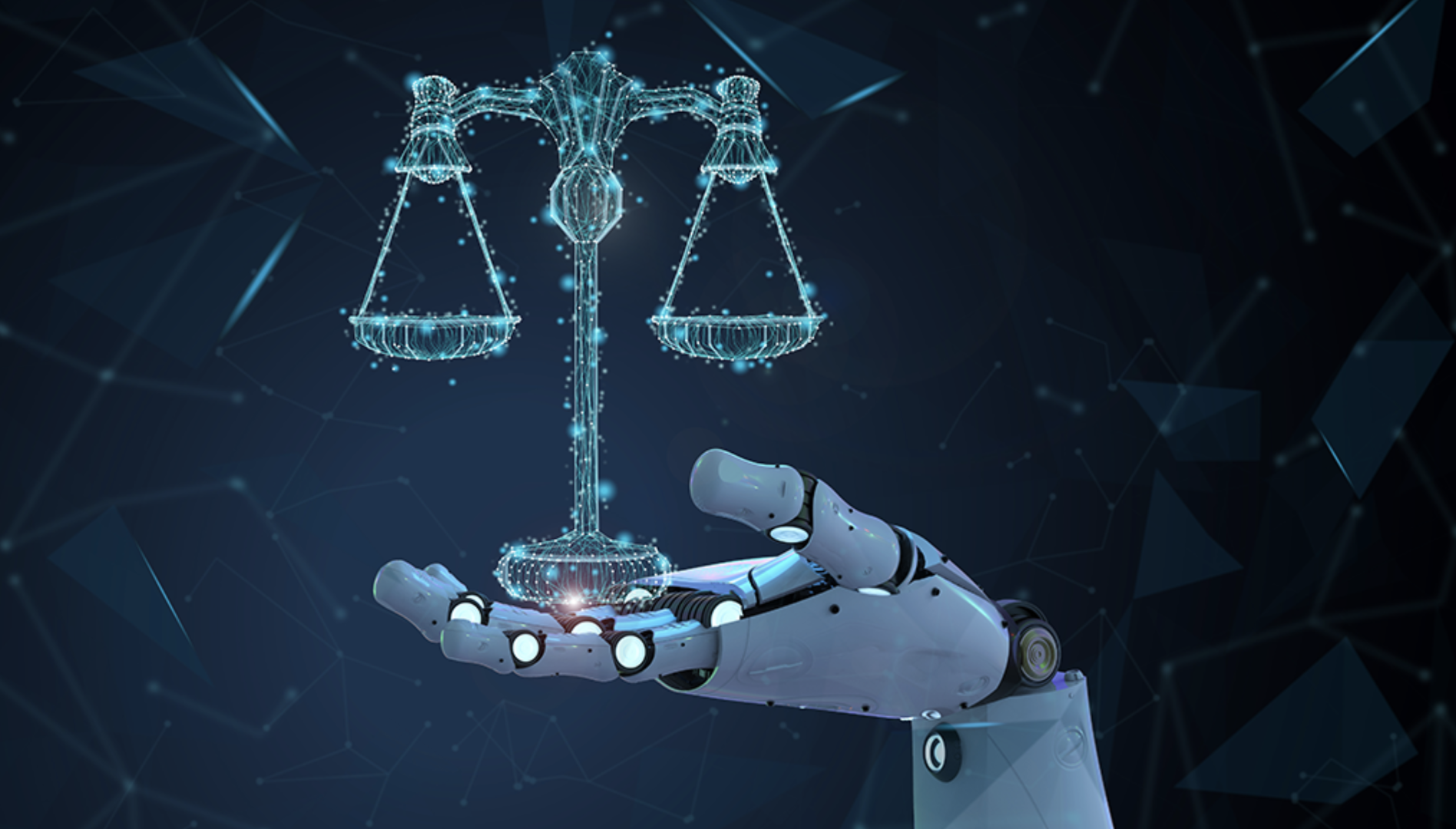Comments
- No comments found

There is a recent article in The Guardian, The EU is leading the way on AI laws. The US is still playing catch-up, where the authors stated that, "The European Union has been working on regulation around the issue for a while. In the United States, the regulatory process is just getting started. American lawmakers’ initial moves, several digital rights experts said, did not inspire much confidence. Many of the senators appeared to accept the AI industry’s ambitious predictions as fact and trust its leaders to act in good faith."
The rapid advancements in artificial intelligence have sparked a pressing need for regulatory frameworks to ensure the responsible and ethical development and deployment of AI systems. While efforts are underway to establish AI regulations, it is crucial to consider the intricate nature of the human mind and its implications for governing AI.
Some steps may be in the right direction, but far ahead of the key questions that should be continuously asked. What exactly in the human mind that represents intelligence, has AI copied? How does the human mind work that lets anything external have an effect? What is the procession of inputs to the mind that allows some results to affect and others to not? How does the mind work, given by biological neural networks that can be used to explain artificial neural networks? How is it possible to train the mind, to better spot fake and sort original, or to have a bifurcation of both? How can it be ensured that public AI systems have a standard 'emotional or consequences' division like the human mind, to prevent them from causing unintended harm?
There are lots of steps that can be taken to regulate AI, but without the human mind, efforts may resemble the war on drugs, with drug scheduling, crackdowns, bans and so forth, but continues to filter out in other ways. It may also resemble social media, where with privacy and fact-checking, lots of its effects continue on people, amid possible support.
The human mind is not all the labels available across studies of brain science. There is a central mechanism from which all that the mind does proceeds. The labels like memory, emotions, concepts, predictive coding, processing, prediction error, controlled hallucination, best guess, feelings, intelligence, sentience, consciousness, flow state, default mode network and so on, may be used to track observations, but there are ways the mind works to produce the things that those labels mean. The mechanisms of mind may align with descriptions or outputs, but prediction, for example, is not the way the mind functions, so how?
This is a key question as more things are getting integrated with AI. Conceptually, the human mind is the collection of chemical and electrical impulses of nerve cells, or the mind is simply a group of impulses. The behavior of these impulses within the group, differs from how they act individually. This makes the group drive experiences not the sole chemical or electrical message.
There are features of the components of mind, whose interactions direct internal and external senses. The exposure of how the mind works to explain what is known including experiences, would become a new way to seek out explainable AI, ethics and of lesser risk, where necessary, including considerations from simply replacing people in jobs with their optimized 'intelligence', copied from human text.
Leave your comments
Post comment as a guest